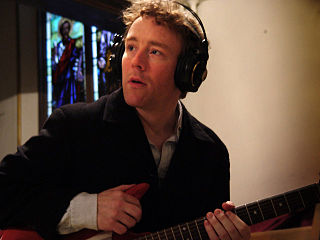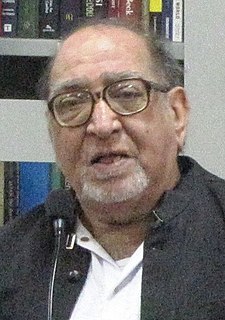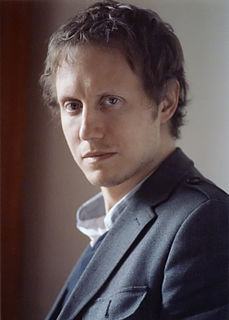A Quote by Swami Vivekananda
The Hindus progressed in the subjective sciences.
Quote Topics
Related Quotes
The Sufi saint Mazhar Jaan Jana of 18th century Delhi believed that the Quran condemns bowing before deities because in pre-Islamic idol worship stones were considered god. But Hindus pray to god through that idol, which is a reflection of god. In Vedas god is nirguna and nirankara, that is, he has no attributes and no shape, that is the real belief of Hindus. As Muslims visit graves, so Hindus worship idols.
Change is always subjective. All through evolution you find that the conquest of nature comes by change in the subject. Apply this to religion and morality, and you will find that the conquest of evil comes by the change in the subjective alone. That is how the Advaitic system gets its whole force, on the subjective side of man.
The problem is one of opposition between subjective and objective points of view. There is a tendency to seek an objective account of everything before admitting its reality. But often what appears to a more subjective point of view cannot be accounted for in this way. So either the objective conception of the world is incomplete, or the subjective involves illusions that should be rejected.
I think the Greeks first took astrology to India and took from the Hindus the science of astronomy and carried it back with them from Europe. Because in India you will find old altars made according to a certain geometrical plan, and certain things had to be done when the stars were in certain positions, therefore I think the Greeks gave the Hindus astrology, and the Hindus gave them astronomy.
We have progressed in a technological sense, but I'm not so sure whether we have progressed in a civilizational matter - the quality of the civilization has not improved. It's a civilization that's in love with technology but forgetting about the human side of it and the destructive tendency in human civilization has not been faced.
The social sciences offer equal promise for improving human welfare; our lives can be greatly improved through a deeper understanding of individual and collective behavior. But to realize this promise, the social sciences, like the natural sciences, need to match their institutional structures to today's intellectual challenges.



































